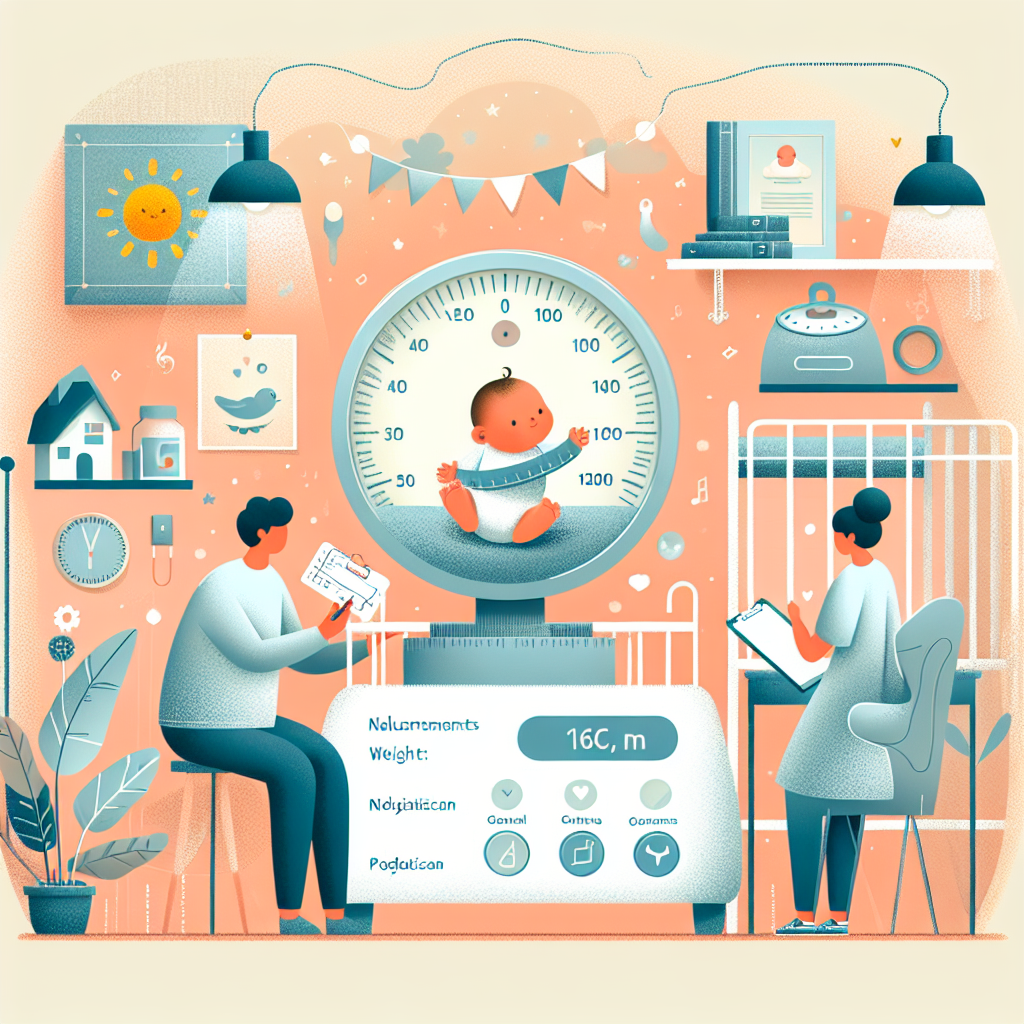Physiological Weight Loss in Newborns: What You Need to Know
Introduction
Becoming a parent comes with many new emotions and challenges, including monitoring your newborn's weight. One of the big questions new parents face is related to the baby's physiological weight loss immediately after birth. It's an important topic that requires understanding and attention, so let's discover together what is normal and what every parent should know.
What Is Physiological Weight Loss in Newborns
Natural weight loss is an absolutely normal process that most babies go through right after birth. This weight loss can vary, but is usually about 5-10% of birth weight.
Reasons for Weight Loss
There are several reasons why the newborn loses weight in the first days of life. One of them is the elimination of excess fluid, which is accumulated during pregnancy. Another reason is adjusting to breast or formula feeding, which can take a while to become regular and effective.
When It's Cause for Concern
Although weight loss is normal in the early days, it is important to monitor the baby to make sure that the weight loss does not exceed the norms and that the little one recovers and begins to grow healthily.
Breastfeeding and Weight Loss
Breastfeeding plays a crucial role in regulating the baby's weight. Ensuring proper attachment and frequent feeding can help minimize weight loss and establish healthy growth.
Baby Weight Monitoring
To monitor and ensure harmonious development, it is recommended that the baby be weighed regularly in the first weeks of life.
When It Returns to Initial Weight
Normally, most newborns regain lost weight within the first 10-14 days of life. This is a good sign of adequate nutrition and good health.
The Role of Pediatrics in Weight Monitoring
It is essential that the pediatrician is involved in monitoring the baby's weight. They can provide valuable advice and intervene if there are deviations from expected growth.
Conclusion
Weight loss in newborns is a natural phenomenon, but it is important to be well informed and know when to ask for specialist help. Through careful monitoring and open communication with the pediatrician, the baby will have every chance to grow up healthy and happy. For more information and useful resources, feel free to visit the dedicated section on our website or subscribe to our newsletter.














































































































































